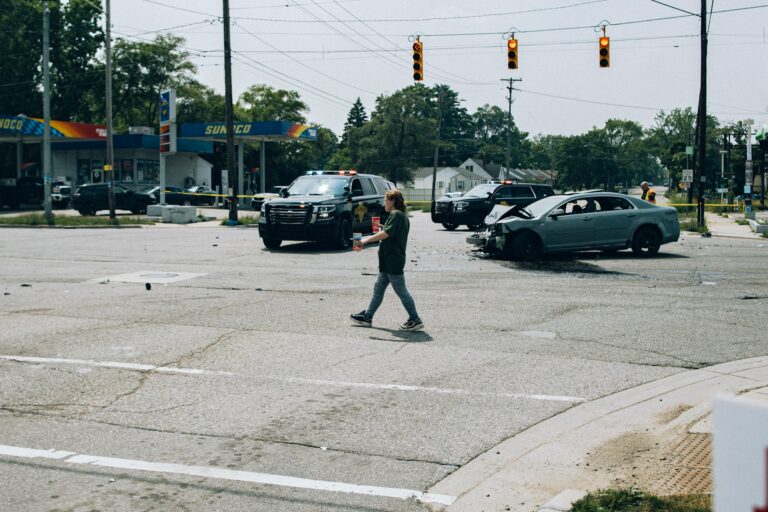The American Burn Association (ABA) estimates that 500,000 people receive treatment for burn injuries in the U.S. every single year. Although burn injuries have a survival rate of 94%, they can still be devastating injuries to go through.
A burn is what happens when your body tissue gets damaged—and the severity of the injury can vary depending on the circumstances. There are three types of burns:
- First-degree burns damage only the outer layer of skin.
- Second-degree burns damage the outer layer and the layer underneath.
- Third-degree burns damage or destroy the deepest layer of skin and tissues underneath. These are the most serious types of burns.
Burns can cause anything from swelling and blistering to shock and sometimes, unfortunately, death in extreme cases.
What commonly causes burn injuries? And how are burns typically treated? What do you do if someone else is responsible for your burn injuries? Let’s go over everything you need to know about burns.
MOST COMMON CAUSES OF BURN INJURIES
Burns can occur for a variety of reasons, but the most common causes of a burn injury are the following:
- Contact with fire or a flame
- Smoke inhalation when there is too much carbon dioxide or other potentially dangerous gasses
- Scalding injuries from steam, hot bath water, spilled coffee, etc.
- Thermal burns that occur from hot objects like curling irons, clothing irons, or ovens
- Electrical burns that are caused by accidental exposure to electricity
- Chemical burns that are caused by accidental exposure to a harmful chemical
Although many burn injuries occur at home, there are many industries and jobs that require workers to work around dangerous chemicals, which can come into contact with your skin, eyes, and internal organs.
HOW ARE BURN INJURIES TREATED?
Burns are treated depending on the severity of the burn, the cause, how deep it is, and how much of the body the burn covers. If it’s just a small first-degree burn, antibiotic cream can be used to prevent or treat infections. However, for a more serious burn, a medical professional will need to clean the wound, replace the skin (typically using a skin graft), and ensure that the patient has enough fluids so that the skin can heal properly. A third-degree burn will likely result in extended hospitalization.
Afterburn treatment in the hospital, some patients may also have to do treatment in a rehab facility, participate in physical therapy, and therapeutic counseling may be recommended for severe burns in a fire or other traumatic experience.
If you or a loved one has been severely burned in an accident in Georgia and you believe it was the fault of someone else, you may be able to pursue a lawsuit. Contact the Fry Law team at 404.969.1284 for more information and to schedule a free consultation. You don’t have to go through this alone.




